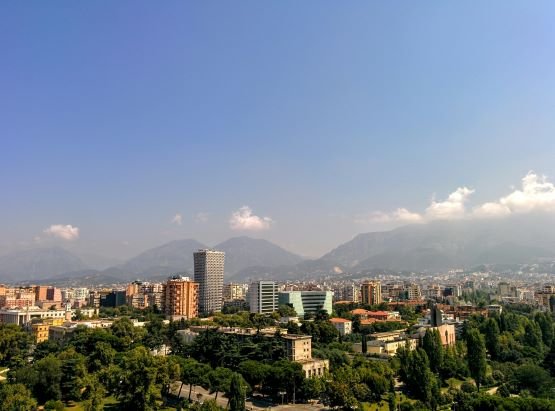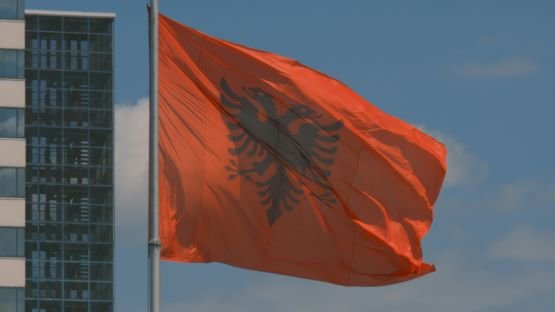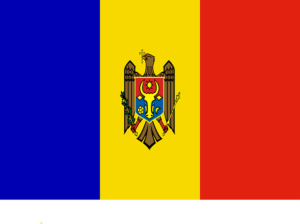
Albania, a small country in the Balkans, has been gaining attention as a destination for tourists and expats. However, its immigration process is far from straightforward. Below are 15 realities that people face when dealing with Albania’s immigration system.

1. Limited Online Information on Immigration Procedures
One of the first hurdles is the lack of clear and updated online resources. Official websites often have outdated or incomplete content. Immigrants are forced to rely on forums, social media groups, and personal networks for accurate information. This makes planning and preparation difficult.

2. Language Barriers in Official Processes
Most official documents, instructions, and forms are only available in Albanian. For non-speakers, understanding and completing these documents is a significant obstacle. Hiring professional translators is often necessary, which adds both time and financial burden.

3. Unclear and Confusing Visa Requirements
The visa application process varies based on nationality, purpose of stay, and intended duration. This leads to confusion, especially since embassy staff sometimes provide incomplete or contradictory guidance. Applicants often face difficulty determining which visa type they require.

4. Slow and Inefficient Bureaucracy Delays Applications
The slow pace of bureaucracy in Albania is a widely recognized issue. Simple tasks, such as registering an address or obtaining a residence permit, can take weeks or even months. This delay creates uncertainty and stress, especially for those on tight timelines.

5. Frequent and Unannounced Rule Changes
Immigration laws and regulations in Albania are subject to frequent changes. These changes are often implemented without prior notice or proper communication. Immigrants must constantly stay updated, which adds to the complexity of the process.

6. Inconsistent Information from Immigration Officials
Different immigration offices, or even staff within the same office, may offer conflicting advice. This inconsistency forces applicants to visit multiple offices or consult legal professionals to clarify the rules. The lack of standardized communication adds unnecessary frustration.

7. Difficulty in Booking Appointment Slots at Offices
Immigration offices operate on a limited appointment system. Securing a slot, whether through phone calls or online platforms, is often a challenge. Walk-ins are rarely accommodated, leaving applicants waiting for weeks to secure a meeting.

8. High Costs of Document Authentication and Translation
Many documents, including birth and marriage certificates, require authentication and translation into Albanian. These services are costly and time-intensive. Applicants frequently underestimate these expenses, which can strain their budgets.

9. Lack of a Standardized Immigration Process Across Regions
The process for obtaining permits or visas differs depending on the region or city in Albania. What is acceptable in one office may not be accepted in another. This lack of uniformity causes delays and confusion for applicants.

10. Minimal Transparency in Application Reviews and Decisions
There is little insight into how immigration applications are evaluated. Rejections are often issued without detailed explanations, making it hard for applicants to identify and correct mistakes. The appeal process is equally opaque and challenging.

11. Limited Support Services for Expats During the Process
Albania offers minimal support for expatriates navigating the immigration process. Unlike other countries that provide guides or advisory services, Albania leaves many expats to figure out the steps on their own. This lack of support can lead to errors and missed deadlines.

12. Lengthy and Complicated Residency Permit Renewals
Renewing a residency permit in Albania is nearly as cumbersome as the initial application. The repetitive nature of the process, combined with the possibility of delays, makes renewal stressful and time-consuming.

13. Strict and Complicated Work Permit Rules for Foreigners
Foreign nationals seeking employment in Albania must go through a lengthy and detailed work permit application process. Without proper documentation, working legally is impossible, and the application itself often requires significant time and resources.

14. Complex Family Reunification Procedures That Cause Delays
Family reunification is a lengthy and complicated process. Extensive documentation, including proof of financial stability and housing, is required. Approval timelines are unpredictable, leading to emotional and logistical challenges for families.

15. Unpredictable Outcomes of Immigration Applications Despite Compliance
Even after meeting all the requirements, the outcome of immigration applications can still be uncertain. The unpredictable nature of approvals and rejections adds stress and discourages applicants who might otherwise comply willingly.
Common Pitfalls in Albania’s Immigration Process
- Incomplete Documentation: Many applications are rejected due to missing or incorrect documents.
- Delaying Applications: Procrastinating on submitting your paperwork can lead to missed deadlines and penalties.
- Not Seeking Legal Help: Skipping professional legal advice often results in costly mistakes.
- Underestimating Costs: Immigration to Albania involves various hidden costs, from translations to legal fees.
Conclusion
Navigating Albania’s immigration process is challenging but not impossible. With proper preparation, legal advice, and a thorough understanding of the requirements, you can successfully manage the process. Staying updated on the latest regulations and seeking help when needed is crucial to avoid common pitfalls. While the system is complex and prone to delays, patience and diligence can make a significant difference. Planning ahead and utilizing available resources will save time and reduce stress in the long run.
External Links for More Information:




